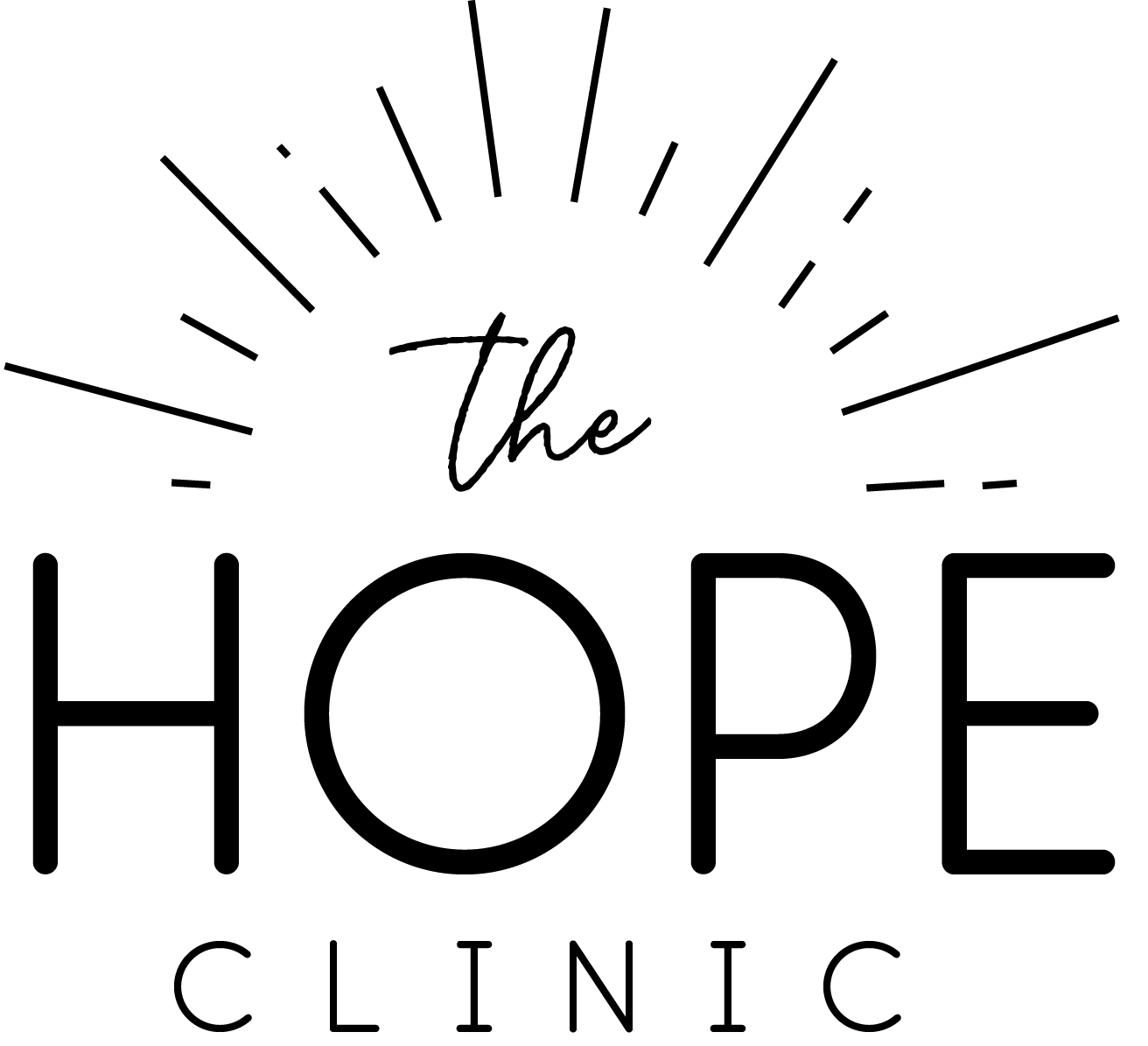Abortion pills have many names, including: medical abortion, at-home abortion, online abortion, mail-order abortion, chemical abortion, and Plan C. All of these names describe the drugs used to end and expel an early pregnancy.
Continue reading to learn the must-know facts about abortion pills.
If you’re currently facing an unexpected pregnancy, The Hope Clinic in Berne or Decatur, Indiana, can help. Schedule a no-cost and confidential appointment to talk in a safe place and receive early pregnancy services to confirm your pregnancy details.
The Must-Know Facts About Abortion Pills
The Abortion Pill Consists of Two Drugs
The “abortion pill” is the common name for a medical abortion procedure that uses two drugs: mifepristone and misoprostol. Mifepristone ends the pregnancy by blocking the hormone progesterone. Then, misoprostol will trigger the uterus to contract to expel the pregnancy and related tissue out the vagina through abdominal cramping and bleeding.
The Procedure Can Be Painful
While an abortion pill prescriber may give you an idea of the level of pain and bleeding you can expect, many women feel unprepared for the pain. It can be intense due to misoprostol triggering uterine contractions.
It’s Only FDA-Approved Through 10 Weeks
The FDA only approves the abortion pill through the first ten weeks of pregnancy. After this timeframe, another abortion method could be considered safer. Be wary about taking drugs beyond ten weeks, as it could raise the chance of complications such as incomplete abortion.
If you’re considering an abortion, always receive an ultrasound first to confirm how far along you are in your pregnancy. It’s possible to be pregnant for months without realizing it.
It Comes With Side Effects and Risks
Like any drug or medical procedure, the abortion pill comes with side effects and risks to consider. The side effects include upset stomach, diarrhea, chills, fever, and headache, in addition to the abdominal cramping and vaginal bleeding that must happen for the procedure to work.
The risks include incomplete abortion, an ongoing pregnancy, infection, fever, heavy and prolonged bleeding, and digestive system discomfort. It’s important to consider the risks of life-threatening bleeding and infection before continuing.
The abortion pill may present even more risks for women with certain conditions, like anemia. It’s vital to review your health history before considering this option.
Take Safety Precautions
You only have one body and one life. Protect your health by visiting The Hope Clinic. We offer no-cost pregnancy testing, ultrasounds, and STD testing to confirm your pregnancy and take care of your reproductive health.
Schedule your no-cost and confidential appointment today.
